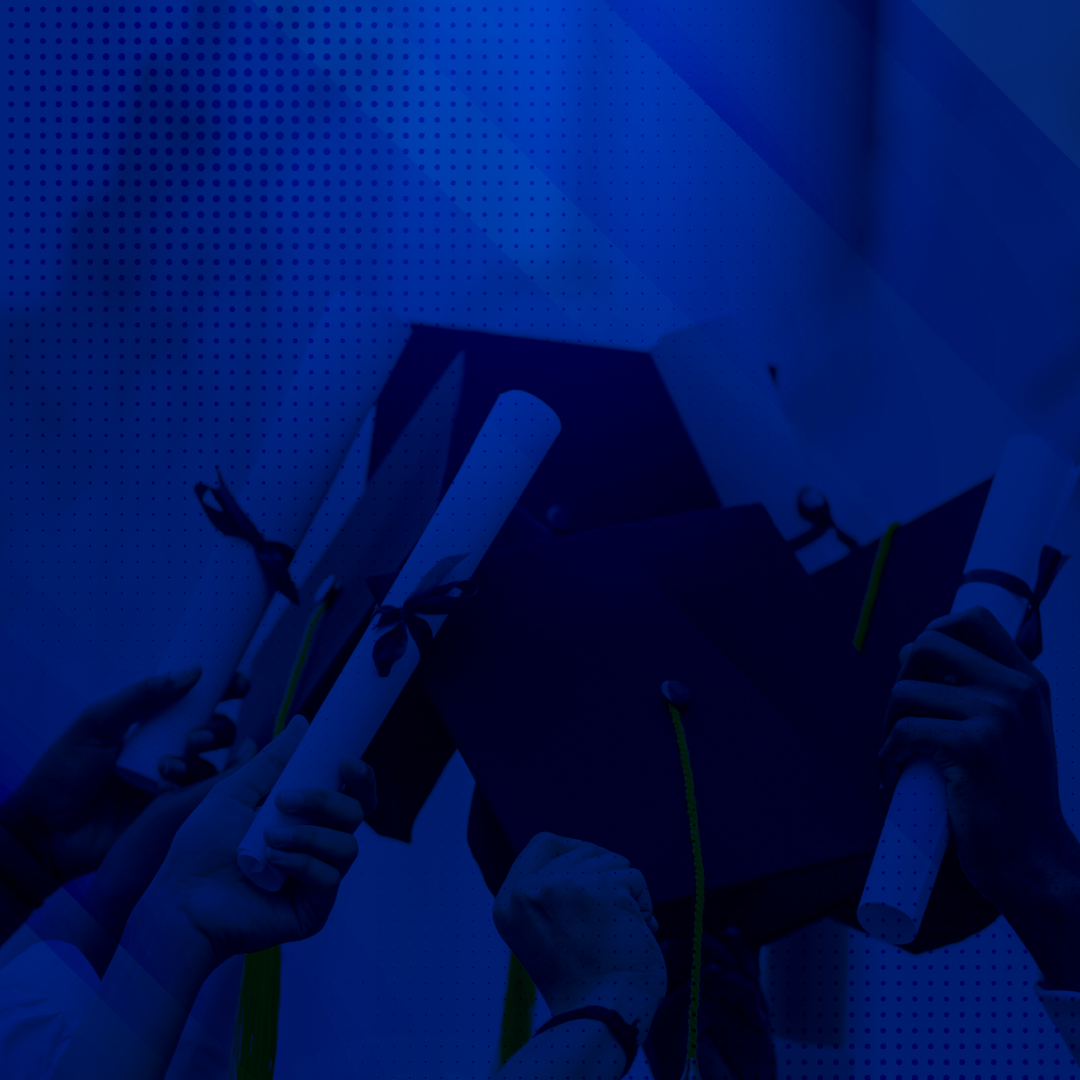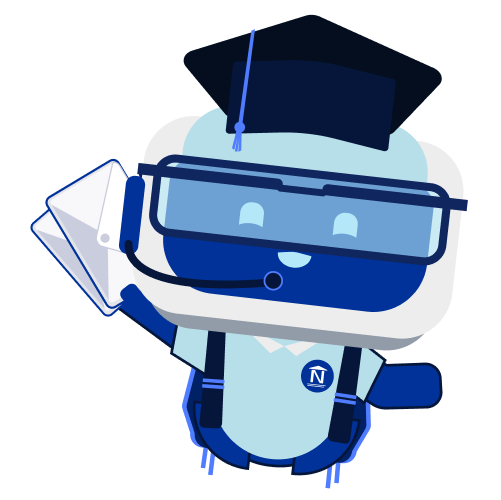Breeding, rearing, and harvesting of fish, shellfish, and aquatic plants is the main objective of Aquaculture. This is an increasingly important area for developing a sustainable, food secure, future. Ensuring a consistent supply of food and associated products for human consumption, while also helping in the preservation of species in the wild, is key to solving real world problems. Throughout this major, students will explore the scientific and practical applications of breeding, rearing and harvesting of plants and animals in all types of water environments. You will understand the biodiversity of species and how they are farmed, the design of aquaculture systems, and the basics of nutrition.
Graduates of the Bachelor of Science at James Cook University
will be able to:
- Integrate and apply a coherent body of theoretical and technical knowledge, including underlying concepts and principles, within the domain of data science
- Critically appraise the role and relevance of science in society, particularly in creating sustainable futures in the tropics, worldwide
- Demonstrate broad understanding of the methods of science, including the creative processes involved in developing scientific knowledge, and its contestable and testable nature
- Retrieve, analyse, synthesise and evaluate information from a range of sources
- Plan and conduct reliable, evidence-based laboratory and/or field experiments by selecting and applying methods,techniques and tools, as appropriate to one or more science disciplines
- Organise, analyse and interpret scientific data using mathematical, statistical and technological skills
- Convey scientific ideas, arguments and conclusions clearly and coherently through well-developed written and oral communication skills and a variety of media
- Identify, analyse and generate solutions to unpredictable or complex problems by applying scientific knowledge and skills with initiative and well-developed judgment
- Critically review regulatory requirements, ethical principles and, where appropriate, cultural frameworks, to work effectively, responsibly and safely in diverse contexts
- Reflect on current skills, knowledge and attitudes to manage their professional learning needs and performance, autonomously and in collaboration with others












